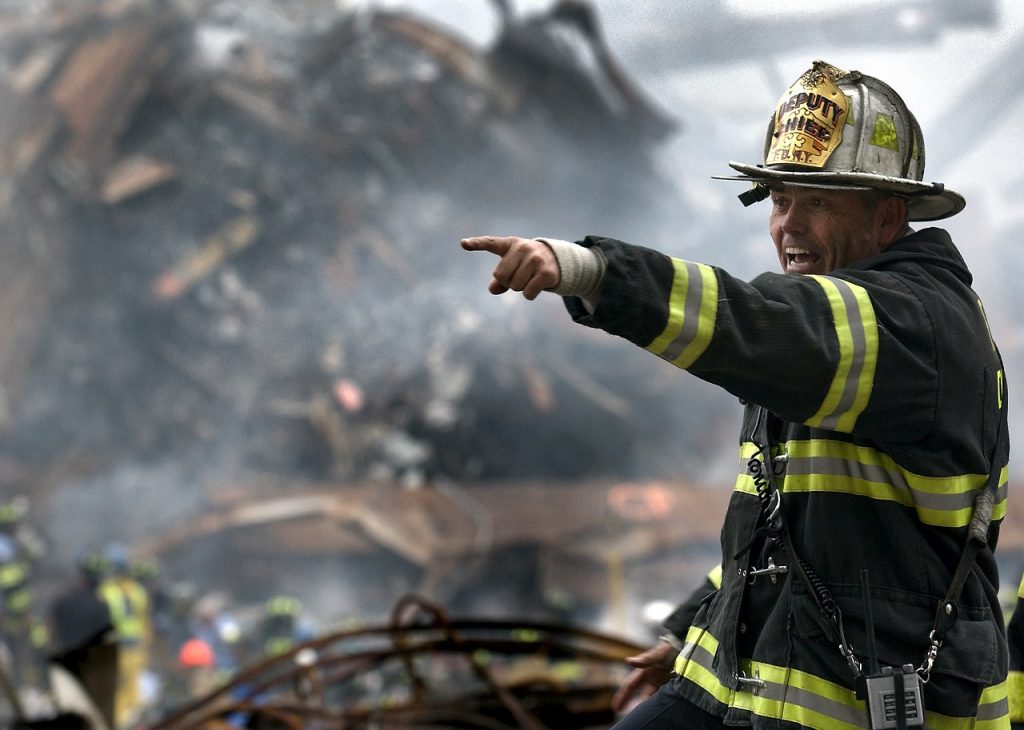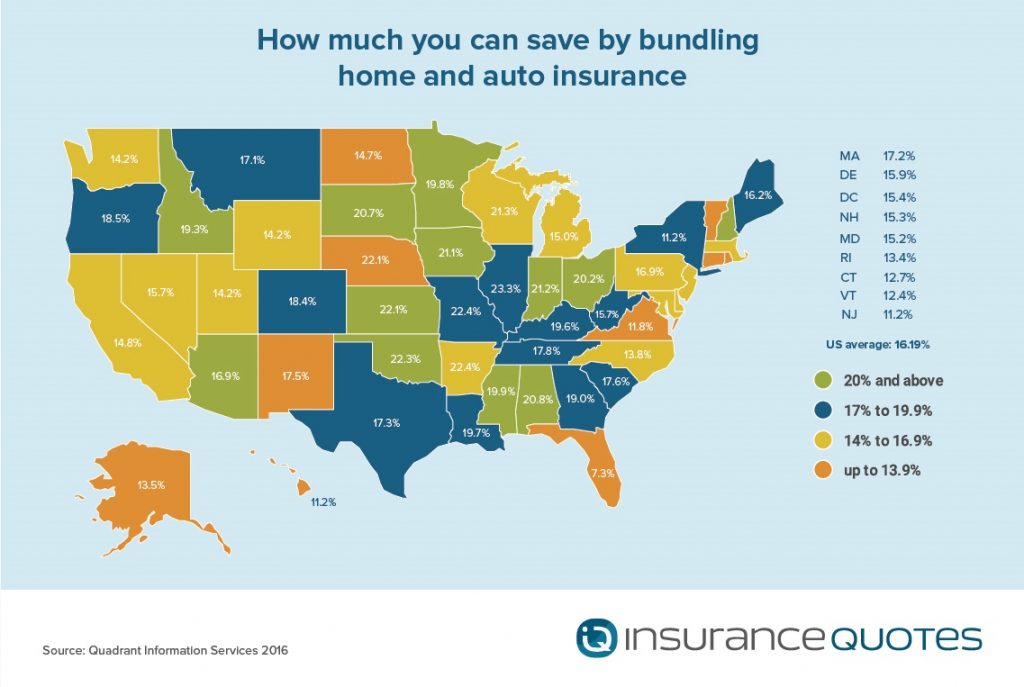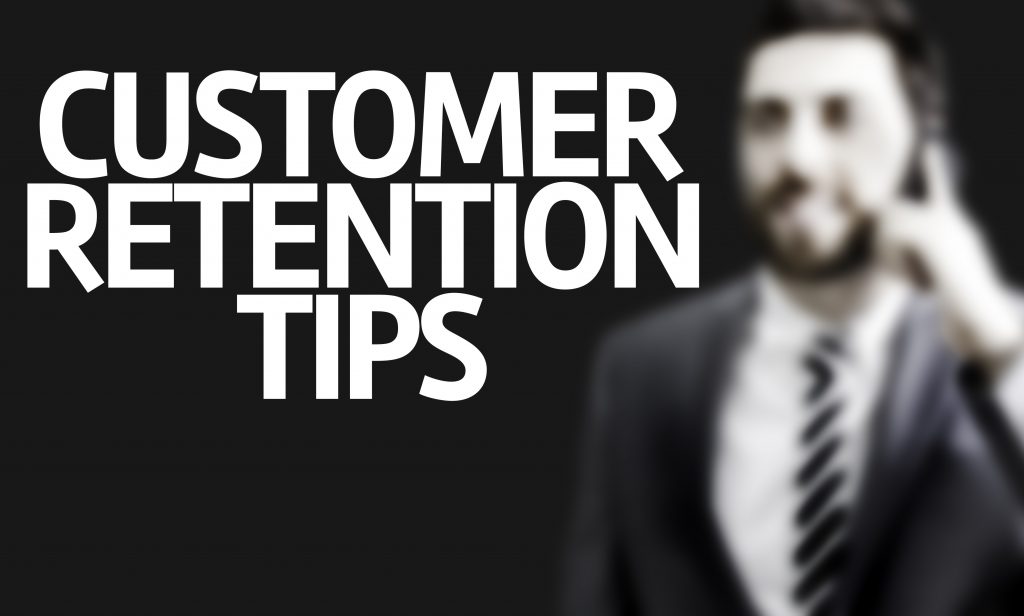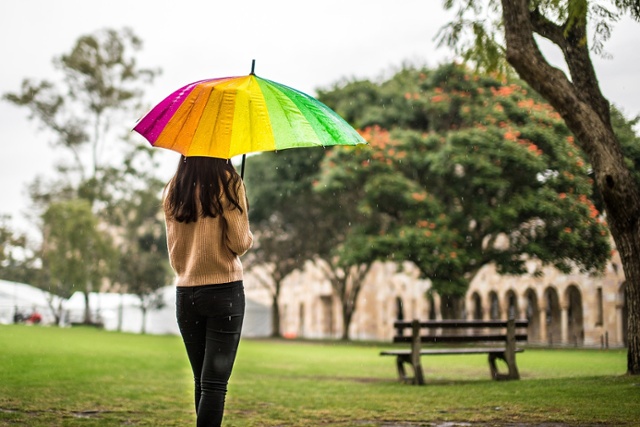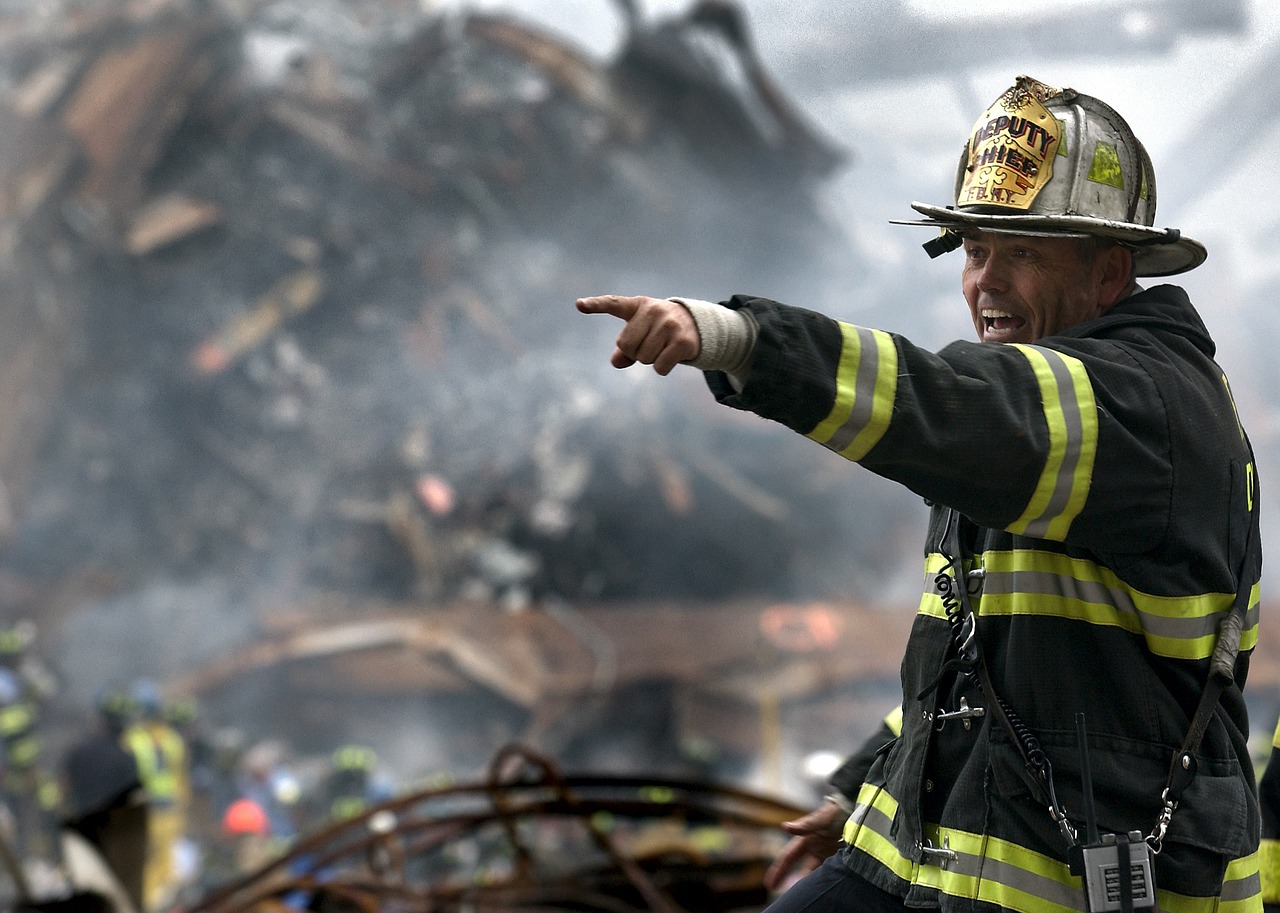
Disasters, whether natural or not, can happen to anyone at any time. Many people think that accidents, fires, burglaries, floods, and earthquakes are things that happen to other people, but they will quickly realize how untrue that is when disaster strikes them and their loved ones. Of course, as an insurance agent, you’re not out to scare your clients. However, you want them to be prepared for what life may throw at them, loved ones, or their home.
While you can’t predict when and where disaster will strike, what you can do is prepare your clients for them. As the saying goes, being ready is half the battle. By making the necessary preparations, you can make sure they are prepared to face most types of problems. So, here are the top 10 disaster preparedness tips you should share with insurance clients.
Tip #1: Know What Disasters Can Strike
The first, and probably most important tip you can share with your insurance clients, is for them to take note of what disasters can strike them. Of course, anything can happen to anyone, but it’s also good to take a real close look at what can happen. For example, if you live in the mountains of Colorado, you won’t have to worry about tsunamis nor would you have to think about volcanic eruptions in New York City. However, you already know which disasters could strike your clients depending on where they live or work, or the type of job they have (you can check out this list from the Red Cross as well). For example, people living in California should really have earthquake insurance, while those in Florida should have hurricane insurance.
Tip #2: Have an Emergency Plan and Practice it With Your Family
One of the basic disaster preparedness tips everyone should know is to have an emergency plan. Do they know where the evacuation or shelters are in the area? What will they do in the event of a natural disaster? What if everyone is not together? In the event of a disaster, family is the number one priority. Since they don’t know when disasters will strike, they need to make sure everyone knows what to do. So, they should sit down, create their emergency plan and even practice it with their spouse and kids.
Tip #3: Designate an Emergency Contact
Disasters aren’t just natural disasters like hurricanes and earthquakes. It could be an accident, whether it happens to you or your family member. One of the things everyone should have is an emergency contact. Aside from someone in your immediate family, you should designated a secondary contact. After all, if you get into an accident while with your family, the emergency personnnel will need someone to call. So, designate a sibling, a parent, cousin, or friend who lives out of town who likely won’t be with you during trips or other times when disaster can strike. Also, have everyone in your family carry an emergency contact card with them wherever they go. Minimally they need an emergency contact telephone number filed, alphabetically, under “I.C.E”. (In Case of Emergency). According to medical emergency personnel, this is where they will look first in your mobile phone contacts. Of course, they won’t know the personal first and last name of the contact that you would generally have them filed under. In other words, place your recommended contact’s telephone number under “I.C.E.” in your mobile phone.

Tip #4: Take Advantage of Emergency Alerts and Other Services in Your Area
Many communities, cities, and states offer a variety of emergency service alerts, like cellphone alerts, apps, emails etc. Ask your clients if they know about these and if they have signed up. Since agents service certain areas, you might want to spend an hour or two researching about these services in your city, and tell your clients about them (it’s a great reason to call them up too and see how they’re doing.)
Tip #5: Build an Emergency Survival Kit
Perhaps one of the more important disaster preparedness tips is to make a survival kit. There are all types of kits you can buy or make yourself, but the idea is to think about what happens if you’re stuck at home without any food, water, or services or what you need to bring with you in case you have to flee your house. You can check out the Red Cross site for a list of things you should put in your kit. Don’t forget to check your kit every 6 months and replace any spoiled food or supplies.
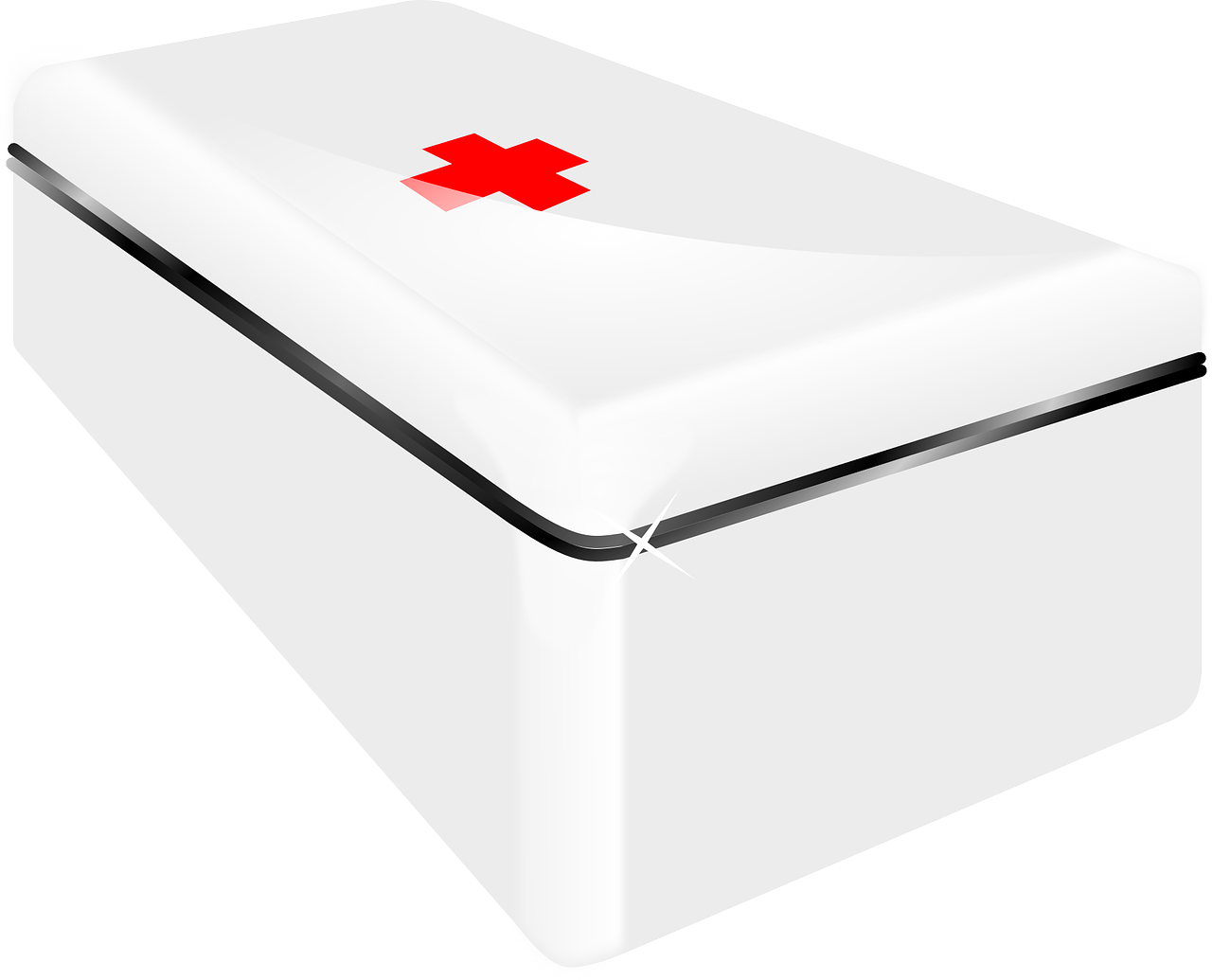
Tip #6: Don’t Forget Pets
Our pets can be like family, but we sometimes forget their needs. If your clients have pets, ask them if they have thought about what they would do in case of an emergency. For example, not all shelters will accept pets, so they might have to find one that does accept animals or seek shelter with a friend. They should also have their own emergency kits, plus it’s important to have pets microchipped in case they are separated from owners.
Tip #7: Learn How to Shut Off Utilities
Gas, water, and electricity hookups can make some situations worse. In many cases, you will be required to turn them off in the event of an emergency. Your clients should learn where their valves and switches are, plus know how to shut them off (and teach family members too).
Tip #8: Know the Company Emergency Plan
Most adults spend half their day at work or outside the home, so it’s important they know what to do when they are in the office. Most, if not all, companies will have some sort of emergency plan, so your clients should make sure they know this by heart and relay this to family members as well.
Tip #9: Keep All Important Documents in a Safe Place
Documents like birth certificates, social security cards, bank account information, and of course, insurance contracts, can be destroyed in emergencies like house fires, flooding, and hurricanes. Make sure these are in a safe place, such as a fire-proof safe at home or in a safety deposit box at the bank. You should also keep digital copies in cloud storage and/or on a thumb drive that you keep in one of the aforementioned safe spots.
Tip #10: Heed Early Warnings
It’s always better to be safe than sorry. Some people may be stubborn, thinking that emergency personnel are overreacting or they just don’t want to be inconvenienced. The truth is, while nothing may happen to them today, disaster can strike at a moment’s notice. Help your clients appreciate the importance of the four Ps (Preparation-Prevents-Poor-Performance); that’s especially true during, and immediately after, a disaster. . Plus, in many cases, officials ask people to get to safety so they can concentrate on real emergencies, such as helping people who really don’t have the same physical abilities to escape (like the disabled or seniors).
No one can see the future, and disaster can strike at anytime and dramatically change our lives forever. However, the best we can do is to be ready for when disasters do strike, whether it’s a house fire, earthquake, hurricane, tornado, burglary or an accident. Your clients may be too busy or simply have never thought of what would happen in case of an emergency. That’s why you should share these 10 disaster preparedness tips with them, to make sure they are prepared. It’s not a matter of “if, but “when”……..


